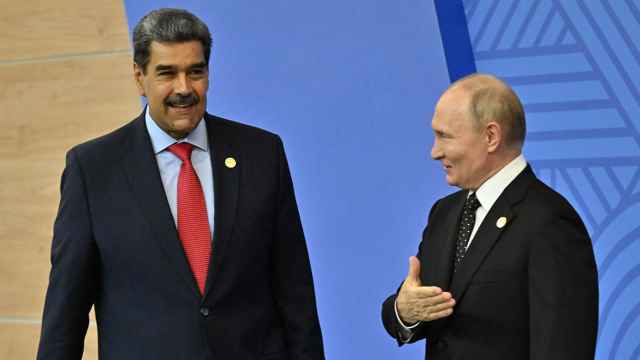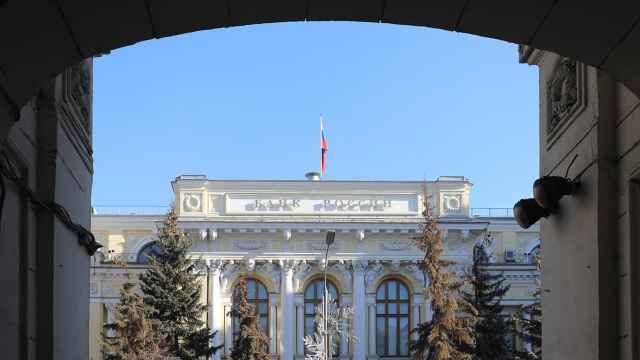Gazprom has reached a new agreement with Polish natural gas monopoly PGNiG on pricing of gas deliveries to Poland, ending its last major pricing dispute in Europe.
"This is an important step to restoring the competitiveness of PGNiG's long-term contracts," Gazprom's head of export, Alexander Medvedev, said Tuesday.
PGNiG said in a statement that its core earnings would rise by 2.5 billion to 3 billion zlotys ($776 million to $931 million) as a result of the deal. It imports most of its 14 billion cubic meters of gas per year from Gazprom, making it one of Russia's biggest customers.
A range of European consumers, confronted with an expanding array of gas supplies, including seaborne deliveries of liquefied natural gas that had been developed for the United States before the shale boom, won price cuts from the Russian export monopoly.
Gazprom had faced a barrage of arbitration suits over prices, most of which were withdrawn after retroactive price cuts averaging 10 percent for several European customers. Gazprom paid $4.25 billion under these agreements in the first half of the year.
The European Union has also launched a formal investigation into the long-term contracts and possible abuse of a dominant market position by Gazprom, mostly in former Soviet satellite states in Eastern Europe.
Gazprom said an addendum to its oil-linked contract with PGNiG took into account market prices for gas and refined products for deliveries on the Yamal-Europe pipeline, but it left take-or-pay and long-term contract principles intact.
Even if Gazprom has brought pricing disputes under control, it has been forced back into the trenches over take-or-pay, which requires customers to pay fines if they take less gas than specified in their long-term contracts.
In recent years, Gazprom has received payment for unshipped gas in the billions of cubic meters, a boost to its profits that it has referred to as "virtual export."
Late last month, RWE Transgas, the Czech unit of Germany's RWE, won a landmark court ruling stating that a company did not have to pay fines under a take-or-pay clause.
The CEO of Eni also said he was considering not renewing take-or-pay contracts.
Eni is another major consumer of Gazprom gas and a key partner in such projects as the South Stream pipeline, a major new export route to southern Europe.
Related articles:
A Message from The Moscow Times:
Dear readers,
We are facing unprecedented challenges. Russia's Prosecutor General's Office has designated The Moscow Times as an "undesirable" organization, criminalizing our work and putting our staff at risk of prosecution. This follows our earlier unjust labeling as a "foreign agent."
These actions are direct attempts to silence independent journalism in Russia. The authorities claim our work "discredits the decisions of the Russian leadership." We see things differently: we strive to provide accurate, unbiased reporting on Russia.
We, the journalists of The Moscow Times, refuse to be silenced. But to continue our work, we need your help.
Your support, no matter how small, makes a world of difference. If you can, please support us monthly starting from just $2. It's quick to set up, and every contribution makes a significant impact.
By supporting The Moscow Times, you're defending open, independent journalism in the face of repression. Thank you for standing with us.
Remind me later.





